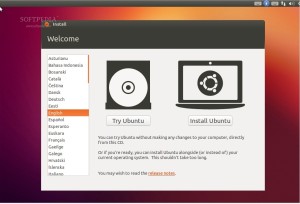Canonical is releasing Ubuntu operating systems like clockworck every April and October, but it seems that it puts an unnecessary strain on the developers and the end product is not as good as it should be. The development process is about to change, at least this is what community manager, Jono Bacon, is telling us.
The planning of a new release takes a lot of time and resources. The current process is pretty simple and it worked so far, but it can no longer function properly because the industry advancements are happening too fast.
Right before a new version of Ubuntu is shipped, Canonical prepares the blueprints for the next Ubuntu Developer Summit (UDS). Various topics are discussed and the good ideas get put into practice, according to a tight schedule.
“While this has served us well, there are a few problems with this approach. The most notable issue is that we work in software, and a lot changes in software in a six month period.
“This means we define a set of work items, prepare the burndown, and then if requirements or direction changes it can be difficult to reflect those changes across our community and we have to go and postpone a bunch of work items and re-build our burndowns,” says Community Manager Jono Bacon in a blog post.
The rate of improvements in the software community is now advancing too fast for the six-month development window, for Ubuntu. If anything important comes up, Canonical can’t adjust a six-month plan on the spot.
A new strategy has been devised and the solution was to hold UDS conferences (this year marked the first virtual UDS) every three months, instead of six.
The work will be divided into monthly milestones, and in the last week of every month developers will identify blockers, define new goals, and change course, if needed.
Hopefully, next Ubuntu versions will benefit from newer software and innovations, and not some stuff decided six months prior.